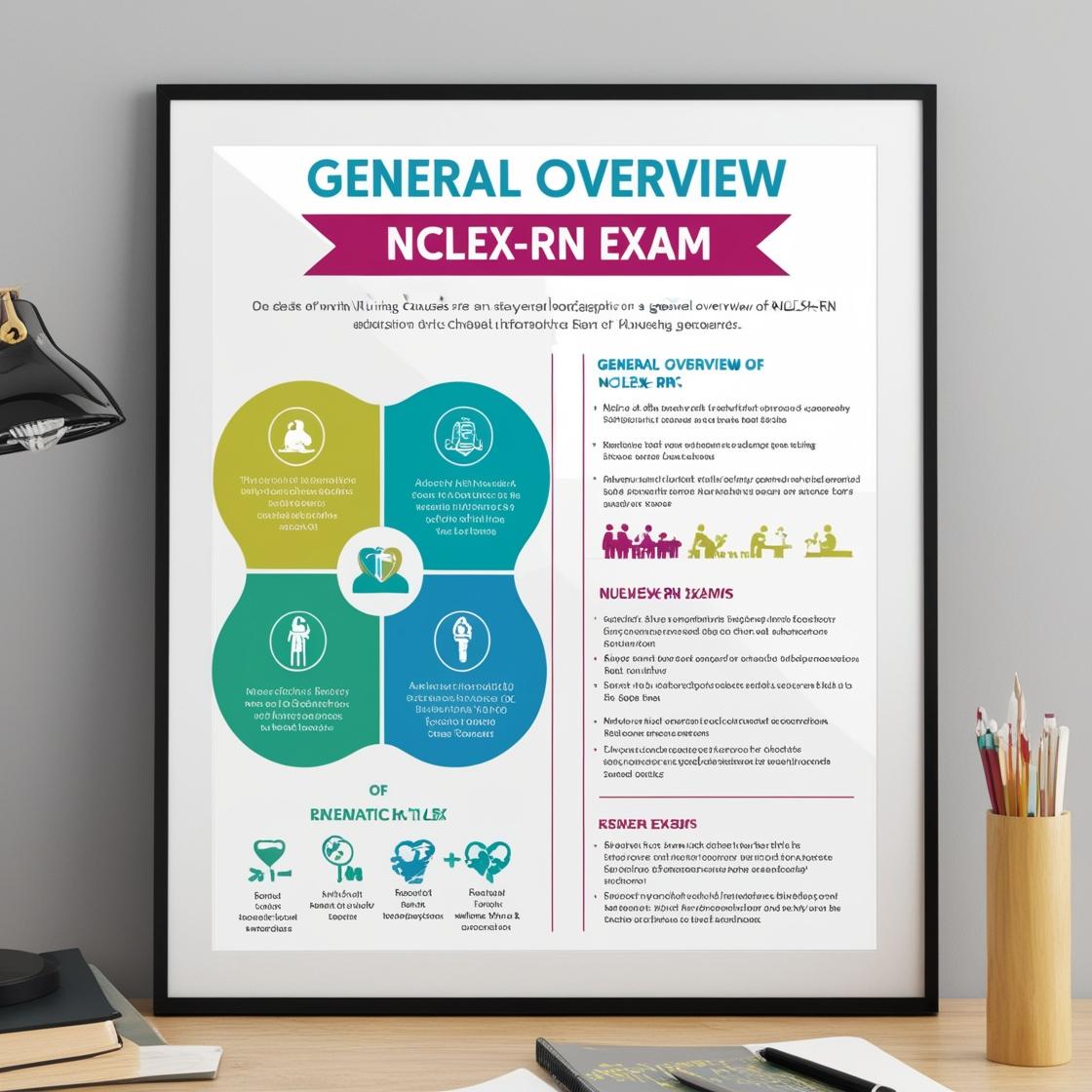NCLEX-RN
NCLEX RN Exam Questions
1. Which action will the nurse include in the plan of care for a patient who has been diagnosed with chronic hepatitis B?
- A. Advise limiting alcohol intake to 1 drink daily
- B. Schedule for liver cancer screening every 6 months
- C. Initiate administration of the hepatitis C vaccine series
- D. Monitor anti-hepatitis B surface antigen (anti-HBs) levels annually
Correct answer: B
Rationale: Patients diagnosed with chronic hepatitis B are at a higher risk for developing liver cancer. Therefore, it is essential to schedule them for liver cancer screening every 6 to 12 months to detect any potential malignancies at an early stage. Advising patients to limit alcohol intake is crucial as alcohol can exacerbate liver damage; thus, patients with chronic hepatitis B are advised to completely avoid alcohol. Administering the hepatitis C vaccine is irrelevant for a patient diagnosed with chronic hepatitis B since it is a different virus. Monitoring anti-hepatitis B surface antigen (anti-HBs) levels annually is not necessary as the presence of anti-HBs indicates a past hepatitis B infection or vaccination, and it does not require regular monitoring.
2. A 30-year-old man is being admitted to the hospital for elective knee surgery. Which assessment finding is most important to report to the healthcare provider?
- A. Tympany on percussion of the abdomen
- B. Liver edge 3 cm below the costal margin
- C. Bowel sounds of 20/minute in each quadrant
- D. Aortic pulsations visible in the epigastric area
Correct answer: B
Rationale: The correct answer is 'Liver edge 3 cm below the costal margin.' Normally, the lower border of the liver is not palpable below the ribs, so this finding suggests hepatomegaly, which could indicate an underlying health issue. Tympany on percussion of the abdomen, bowel sounds of 20/minute in each quadrant, and aortic pulsations visible in the epigastric area are all within normal limits for a physical assessment and do not require immediate reporting to the healthcare provider.
3. Which of the following techniques can help to prevent skin irritation or breakdown around a tracheostomy site?
- A. Manage secretions by providing suction on a regular basis
- B. Cleanse the site daily with a mixture of povidone-iodine and water
- C. Avoid using tube ties to secure the tube
- D. None of the above
Correct answer: A
Rationale: Excess secretions from the tracheostomy tube can collect near the stomal opening and cause skin breakdown. Management of secretions through regular suctioning will keep the area clean and dry, minimizing skin irritation. Choice B, cleansing the site daily with povidone-iodine and water, is incorrect as it may lead to skin irritation due to the harshness of povidone-iodine. Choice C, avoiding tube ties to secure the tube, is also incorrect as securing the tube is essential for stability. Choice D, 'None of the above,' is incorrect as managing secretions through suctioning is crucial in preventing skin irritation.
4. Which assessment finding would the nurse need to report most quickly to the health care provider regarding a patient with acute pancreatitis?
- A. Nausea and vomiting
- B. Hypotonic bowel sounds
- C. Abdominal tenderness and guarding
- D. Muscle twitching and finger numbness
Correct answer: D
Rationale: The correct answer is muscle twitching and finger numbness. These symptoms indicate hypocalcemia, which can lead to tetany if not promptly addressed with calcium gluconate administration. Nausea and vomiting, hypotonic bowel sounds, and abdominal tenderness and guarding are important findings in acute pancreatitis but do not require the same urgent intervention as hypocalcemia to prevent potential severe complications.
5. To detect possible complications in a patient with severe cirrhosis who has bleeding esophageal varices, it is most important for the nurse to monitor
- A. bilirubin levels.
- B. ammonia levels.
- C. potassium levels.
- D. prothrombin time.
Correct answer: B
Rationale: In a patient with severe cirrhosis and bleeding esophageal varices, monitoring ammonia levels is crucial. Severe liver dysfunction impairs the metabolism of protein in the GI tract, leading to increased ammonia levels. Elevated ammonia levels can result in hepatic encephalopathy, a serious complication. Monitoring bilirubin levels is important for assessing liver function and jaundice but may not directly reflect the risk of complications from bleeding esophageal varices. Potassium levels are important but not the most critical in this scenario. Prothrombin time is essential for evaluating coagulation status but does not directly relate to the risk of complications from bleeding esophageal varices in this patient.
Similar Questions

Access More Features
NCLEX RN Basic
$69.99/ 30 days
- 5,000 Questions with answers
- Comprehensive NCLEX coverage
- 30 days access @ $69.99
NCLEX RN Premium
$149.99/ 90 days
- 5,000 Questions with answers
- Comprehensive NCLEX coverage
- 30 days access @ $149.99
